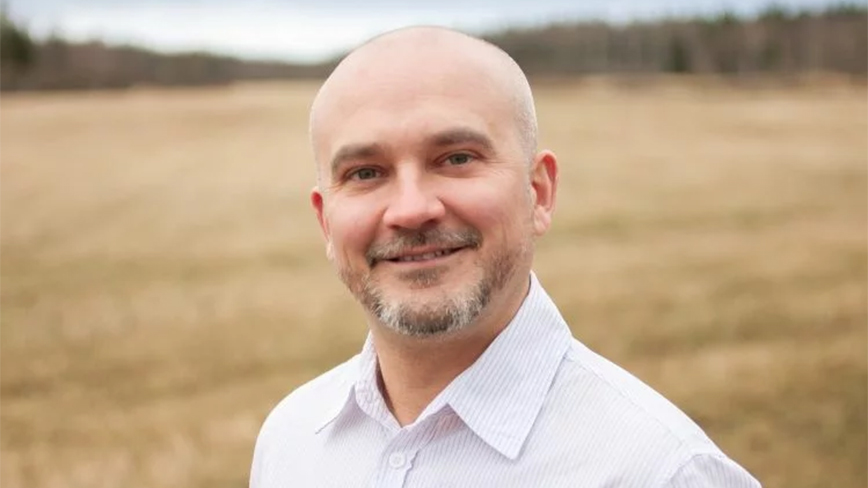Francisco Vilaplana: “I have always had a soft spot for the underdogs”

Francisco Vilaplana, new professor in glycoscience, became fascinated by the molecular diversity of polysaccharides as a postdoc. A love story that is still going strong.
“Polysaccharides are in the materials we use and the food we eat. The impact of carbohydrates is endless.”
Francisco Vilaplana has been at KTH since 2011. He describes himself as a multidisciplinary scientist and is part of both the Wallenberg Wood Science Centre , targeting new materials from wood, and director of KTH FOOD , contributing to the design of processes to convert food waste streams rich in polysaccharides into functional food ingredients.
“My research deals with the biochemistry of complex carbohydrates, which are one of the fundamental building blocks of life. Complex carbohydrates, also known as polysaccharides, are natural polymers built by small sugar molecules as building blocks, which are responsible for essential metabolic, structural and regulatory processes in life sciences,” says Francisco Vilaplana.
Functional materials and functional food
He investigates the molecular structure of complex carbohydrates and use this fundamental information for the structure-driven design of biorefinery processes to convert these biomass carbohydrates into functional bioproducts using biocatalysis. There are two main application areas, functional materials and functional food ingredients for improved health.
“Carbohydrates are everywhere! Polysaccharides from plant biomass constitute the main renewable resource in the biosphere for bio-based products such as biomaterials, food, bioenergy and platform chemicals. Polysaccharides are in the materials we use and the food we eat. The impact of carbohydrates is endless.”
Dietary carbohydrates and health
The next step for Francisco Vilaplana is to explore the connections between dietary carbohydrates and health. Dietary fibres cannot be broken down by human digestive enzymes, ending up in the gut where they are fermented by our beneficial gut bacteria giving up to many health benefits. However, these dietary fibres are normally inaccessible and they end up discarded in many food related processes. Francisco Vilaplana and his fellow researchers are designing processes to recover these dietary fibres from insoluble side streams in food production and make them functionally available in food products, therefore mitigating food waste and contributing to a circular food system.
“These fibres are both prebiotic, this is, they have a beneficial effect on the bacteria in our gut, and antioxidant, contributing to mitigate radical inflammatory processes in our gut. The implications of dietary carbohydrates for health and well-being are endless!”
A soft spot for the underdogs
Francisco Vilaplana have been interested in material sciences since he was a chemical engineering student. An interest that led him to pursue a PhD in polymeric materials both at KTH and at the Universidad Politècnica de Valencia in Spain. During his postdoctoral stay at the University of Queensland in Australia, he became fascinated by the molecular diversity of polysaccharides and how this structural complexity influences many daily processes, such as the way we digest food or the way plants and wood are formed.
“However, complex carbohydrates gather somehow less attention and are not as understood as other essential biological molecules such as proteins or DNA. I have always had a soft spot for the underdogs, and I guess that is one of the reasons that I wanted to know more about carbohydrates.”
Text: Jon Lindhe
